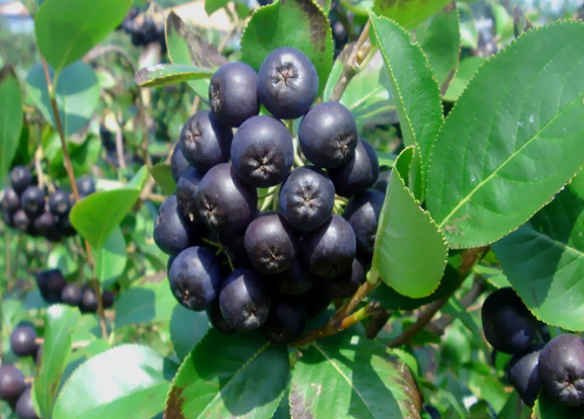
The Chernobyl nuclear accident shocked the world in 1986. The nuclear reactor of the 4th generator set of Chernobyl Nuclear Power Plant was completely blown up, and a large amount of radioactive materials leaked, which became the biggest accident since the nuclear power era. Radiation hazards were serious, resulting in 31 deaths within 3 months after the accident, 60,000-80,000 deaths within 15 years, 134,000 people suffering from various degrees of radiation diseases, and more than 115,000 people in a 30-kilometer radius were forced to evacuate. But even in the "forbidden zone of life" caused by the accident, scientists still found that some plants and animals survived tenaciously. Black chokeberry is one of the few remaining plants. It has been proved that black chokeberry can survive because of its super antioxidant capacity.
Black chokeberry, also known as Aronia, with the scientific name of Aronia Melanocarpa, originally grew in North America and were introduced to Europe in the 18th century. It was called medicinal berry and panacea. Its taste and color, as well as aroma are very good, can be used as ingredients in jam, red wine, fruit juice, tea, etc.